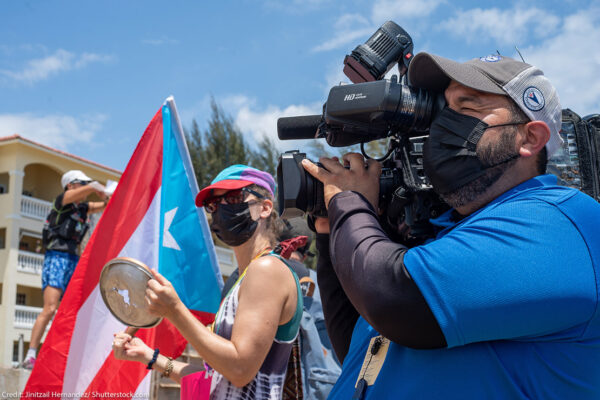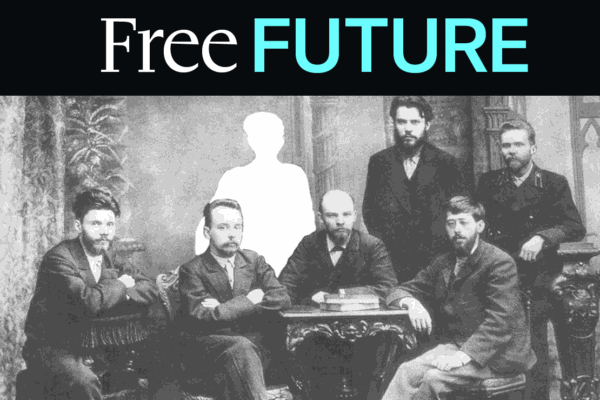ACLU Calls on House to Protect Free Speech While Considering Hate Crimes Legislation
FOR IMMEDIATE RELEASE
WASHINGTON -- The American Civil Liberties Union today said that the House must remember that improperly drafted hate crimes legislation could have a potentially chilling effect on constitutionally protected speech.
In testimony submitted to the House Judiciary Committee, the ACLU said that any hate crimes legislation must prevent prosecution based on "mere abstract beliefs" or "mere membership in an organization." The ACLU said it would endorse hate crimes legislation that prevents such prosecutions.
"The ACLU has a long record of support for strong protection of both free speech and civil rights," said Christoper E. Anders, an ACLU Legislative Counsel. "Rather than diminishing individual rights, it is our belief that vigilant protection of free speech rights has historically opened the doors to effective advocacy for expanded civil rights protections."
In its testimony, the ACLU said that the serious problem of crime aimed at individuals because of their race, color, religion, gender, national origin, sexual orientation or disability merits legislative action. While race, religion and national origin are already covered under federal law, gender, sexual orientation and disability are not. And in 1996, the FBI reported 8,759 incidents of bias-related crimes. Of those incidents, 5,396 of them were related to race, 1,401 to religion, 1,016 to sexual orientation and 940 to ethnicity or national origin.
"Federal legislation addressing such criminal civil rights violations is necessary because state and local law enforcement officers are sometimes unwilling or unable to prosecute them because of either inadequate resources or their own bias against the victim," Anders said.
The ACLU stressed, however, that it cannot support hate crimes legislation unless it is carefully written to reduce or eliminate the possibility that the federal government could prosecute based on evidence of speech that had "no role in the chain of events" that led to a violent act.
"We seek a law that will punish the act of discrimination, but not bigoted beliefs," Anders said. "The focus properly should be on punishing violent acts themselves when victims were selected only because of who they are."



